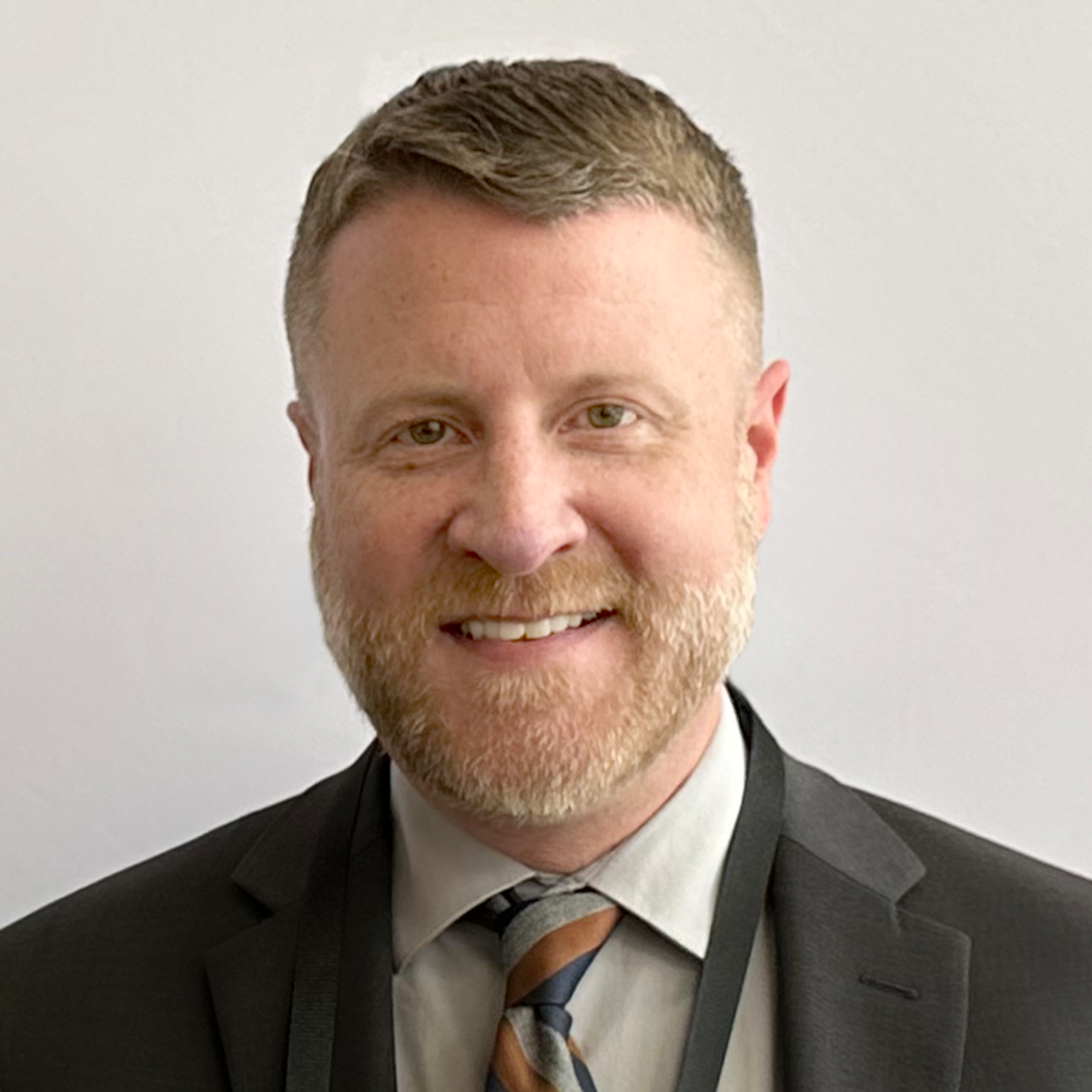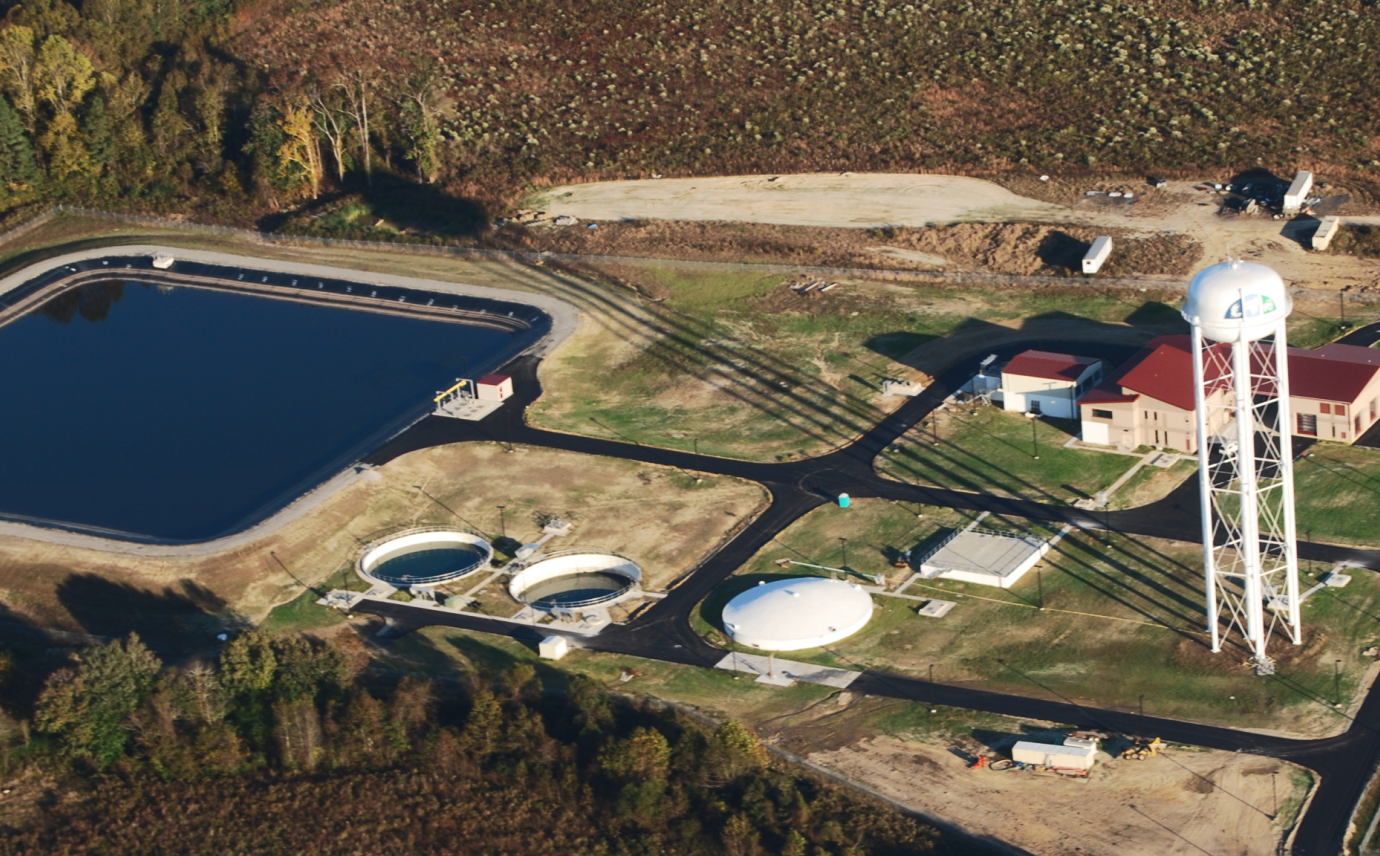Most everyone – in and outside of local government and the water industry – has heard about the Infrastructure Investment and Jobs Act (IIJA). The funds are geared to revitalize aging public systems as well as expand capacity to keep pace with and promote sustainable growth.
But researchers say that, to be effective, this infusion of resources requires careful consideration and coordination from Washington, D.C. to Main Street. A recent piece published by the Brookings Institute states the challenge and prescribes an outcome-driven approach to make the most of this moment.
The priority for water infrastructure improvements varies in size and scope for each community. Existing fiscal limitations and uncertainty have, in many cases, led to a reactive posture, exacerbating system vulnerabilities and costs. Hiring, training, and retaining skilled staff is tougher than ever.
All those locality-specific hurdles face decision-makers even before zooming out to broader issues of equity and resilience. So what is the prudent path forward?
"A proactive leader should identify necessary public health and environmental protection outcomes — especially for communities that need help the most — and then pursue the most important water infrastructure projects that would support those outcomes," the Brookings authors write.
Here are four specific state and local implementation actions they prescribe:
• Train and hire staff, including more grant writers
• Explore new plans and designs, not the same projects
• Research new financing tools, such as century bonds
• Consider regionalization, consolidation, and shared services
For decades, Wooten has been partnering with communities across the Carolinas to assess their infrastructure, develop priorities for capital improvements, and help secure more than $600 million in funding. Our experienced teams stand ready to assist local leaders to seize on the opportunities that IIJA funds present.
An Outcome-Driven Approach to Water Infrastructure
Here are four specific, recommended state and local implementation actions.
 Chris Bushnell
Chris Bushnell
